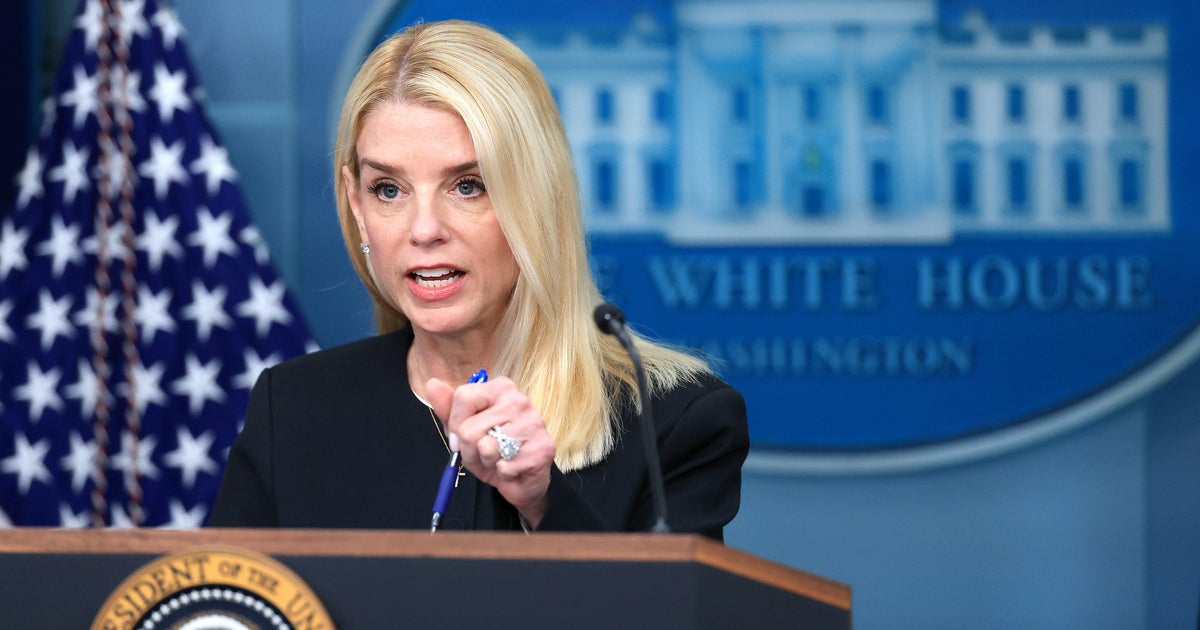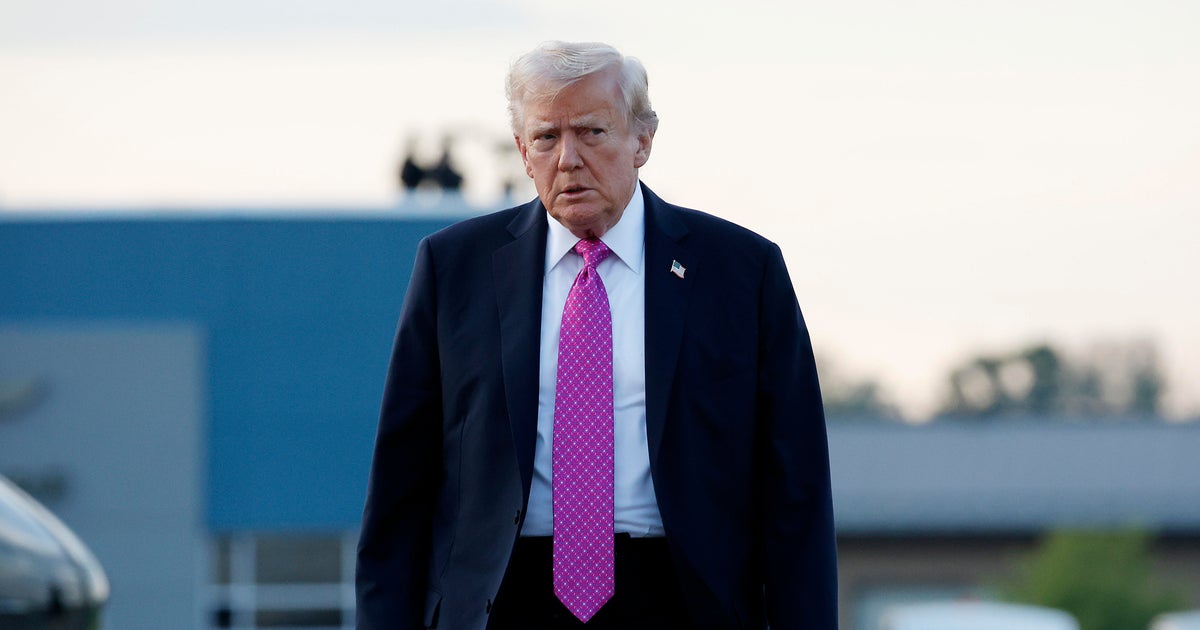
In a decisive move, Attorney General Pam Bondi announced on Friday that she has ordered Justice Department agents to bolster security at Immigration and Customs Enforcement (ICE) facilities across the nation. This action comes in response to a tragic incident at an ICE office in Dallas, Texas, where a shooting resulted in the death of one detainee and injuries to two others, highlighting the escalating violence targeting federal immigration authorities.
Bondi’s announcement underscores the growing concern over safety at ICE facilities, which have increasingly become focal points of conflict amid a national debate over immigration enforcement. “At my direction, I am deploying DOJ agents to ICE facilities—and wherever ICE comes under siege—to safeguard federal agents, protect federal property, and immediately arrest all individuals engaged in any federal crime,” Bondi stated in a post on social media platform X.
While the specific federal law enforcement agencies that will be dispatched remain unclear, the Justice Department oversees several key entities, including the FBI, the Drug Enforcement Administration, the U.S. Marshals Service, and the Bureau of Alcohol, Tobacco, Firearms and Explosives. This move signals a significant escalation in the government’s response to what it perceives as threats against its immigration enforcement operations.
The increase in attacks on ICE agents is a troubling trend that coincides with the Trump administration’s aggressive immigration policies, which have led to a sharp rise in arrests and deportations of undocumented immigrants. Protests against ICE operations in cities like Los Angeles, Chicago, and New York have often turned tense, resulting in clashes between demonstrators advocating for immigrant rights and federal agents enforcing immigration laws.
In addition to deploying agents to ICE facilities, Bondi hinted at a broader crackdown on what she described as “repeated acts of violence and obstruction against federal agents.” She has instructed the Joint Terrorism Task Forces, which comprise regional teams that collaborate with the FBI and local law enforcement, to investigate these incidents under the banner of “domestic terrorism.”
“The Department of Justice will seek the most serious available charges against all participants in these criminal mobs, including conspiracy offenses, assault offenses, civil disorder offenses, and terrorism offenses,” Bondi declared, emphasizing the administration’s commitment to holding accountable those who engage in violence against federal officials.
The heightened security measures and legal scrutiny come on the heels of President Trump’s recent memo calling for investigations into “political violence and intimidation,” which he has urged should be prioritized by the Joint Terrorism Task Forces. The White House has pointed to various incidents, including the assassination of conservative activist Charlie Kirk and a perceived increase in attacks on ICE officers, as justifications for this intensified focus.
Furthermore, Trump has taken steps to label antifa as a domestic terrorist organization, a move that has drawn criticism for its legal ambiguity. Antifa, which stands for “anti-fascist,” represents a loosely organized group of left-leaning activists rather than a structured organization. Critics highlight that domestic terrorism is not a chargeable offense under federal law, and there is no official list distinguishing domestic terrorist groups from foreign entities.
The implications of these developments are significant, as they signal a potential shift towards more aggressive law enforcement tactics against those who oppose federal immigration policies. As tensions continue to rise, civil rights advocates and immigrant rights organizations are likely to respond with increased scrutiny of the government’s actions, emphasizing the importance of protecting individuals’ rights amid escalating enforcement measures.
The situation remains fluid, and the decisions made by Bondi and the Trump administration will undoubtedly impact the ongoing national conversation around immigration, civil liberties, and the role of federal law enforcement in communities across the country. As these events unfold, the balance between security and civil rights will be tested, prompting critical discussions about the future of immigration enforcement in the United States.


